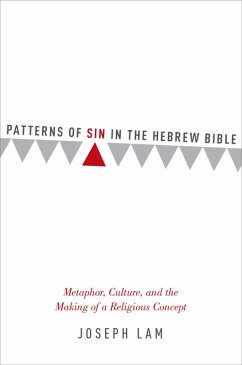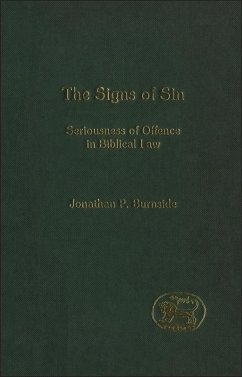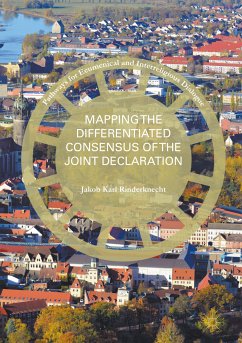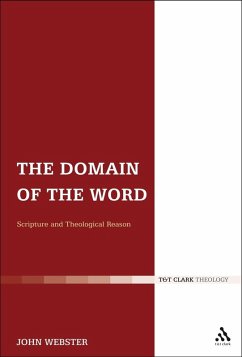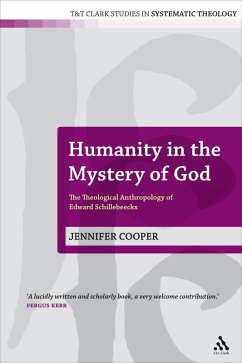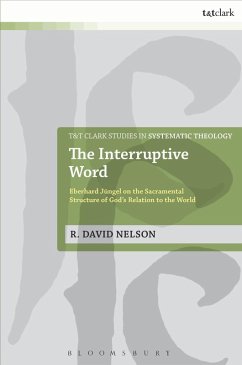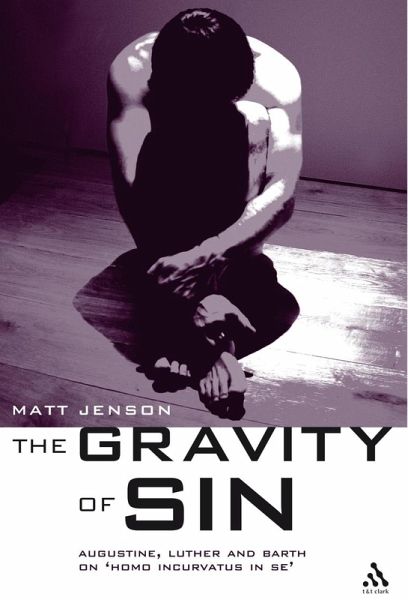
The Gravity of Sin (eBook, PDF)
Augustine, Luther and Barth on 'homo incurvatus in se'
Versandkostenfrei!
Sofort per Download lieferbar
49,95 €
inkl. MwSt.
Weitere Ausgaben:

PAYBACK Punkte
25 °P sammeln!
Matt Jenson argues that the image of being 'curved in on oneself' is the best paradigm for understanding sin relationally, that it has sufficient explanatory breadth and depth to be of service to contemporary Christian theology. He looks to Augustine as the Christian source for this image in his various references to humanity's turn to itself, though the threads of a relational account of sin are not drawn together with any systematic consequence until Martin Luther's description of 'homo incurvatus in se' in his commentary on Romans. Luther radicalizes Augustine's conception by applying this ...
Matt Jenson argues that the image of being 'curved in on oneself' is the best paradigm for understanding sin relationally, that it has sufficient explanatory breadth and depth to be of service to contemporary Christian theology. He looks to Augustine as the Christian source for this image in his various references to humanity's turn to itself, though the threads of a relational account of sin are not drawn together with any systematic consequence until Martin Luther's description of 'homo incurvatus in se' in his commentary on Romans. Luther radicalizes Augustine's conception by applying this relational view of sin to the totus homo and by emphasizing its appearance, above all, in homo religiosus. The Western tradition of sin understood paradigmatically as pride has been recently called into question by feminist theologians. Daphne Hampson's critique of Luther on this front is considered and critiqued. Though she is right to call attention to the insufficiency of his and Augustine's myopic focus on pride, the question remains whether 'incurvatus in se' can operate paradigmatically as an umbrella concept covering a far wider range of sins. Karl Barth's extension of 'incurvatus in se' to apply more broadly to pride, sloth and falsehood suggests that incurvature can do just that.





